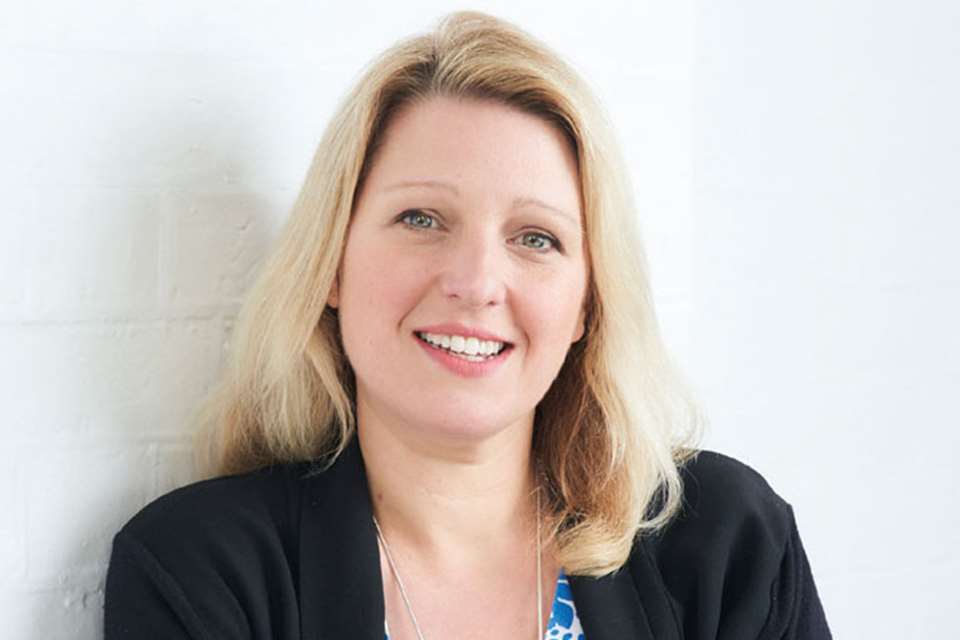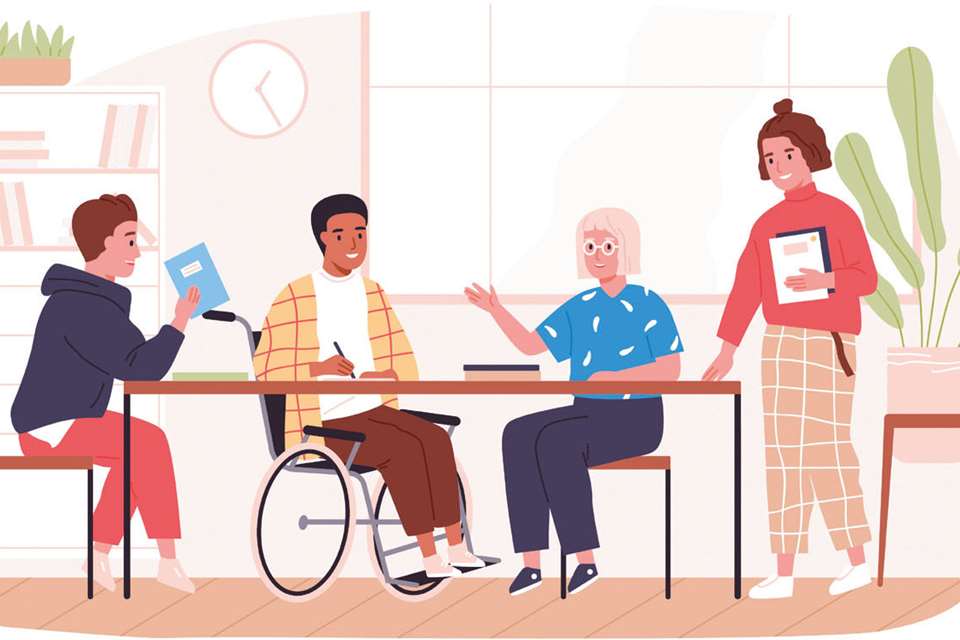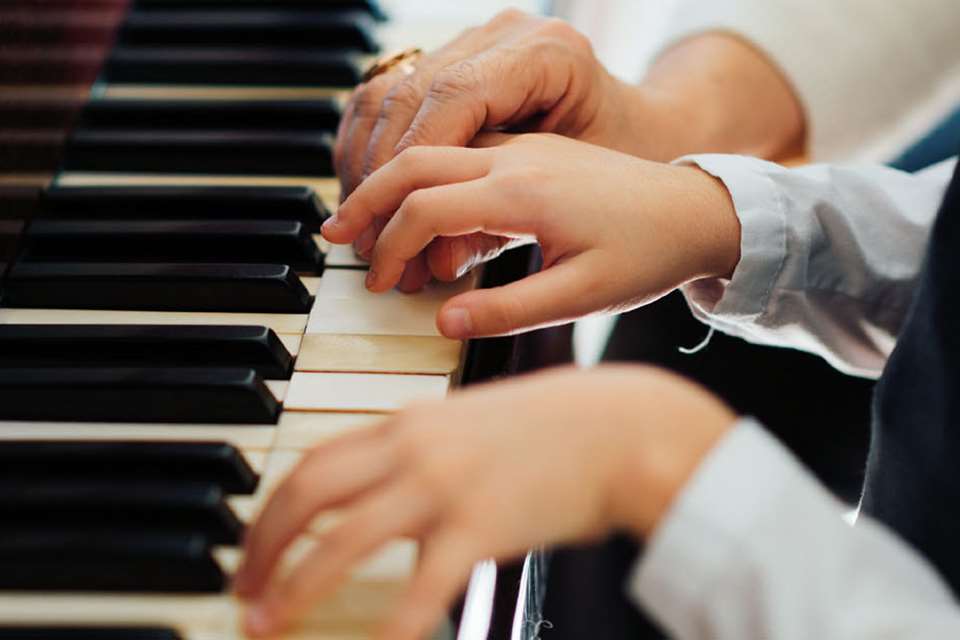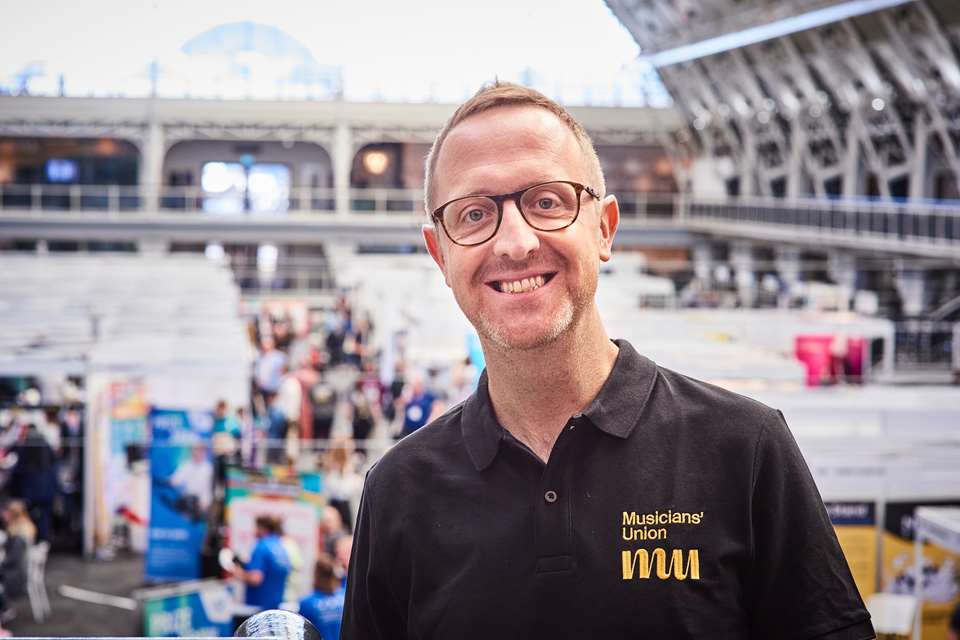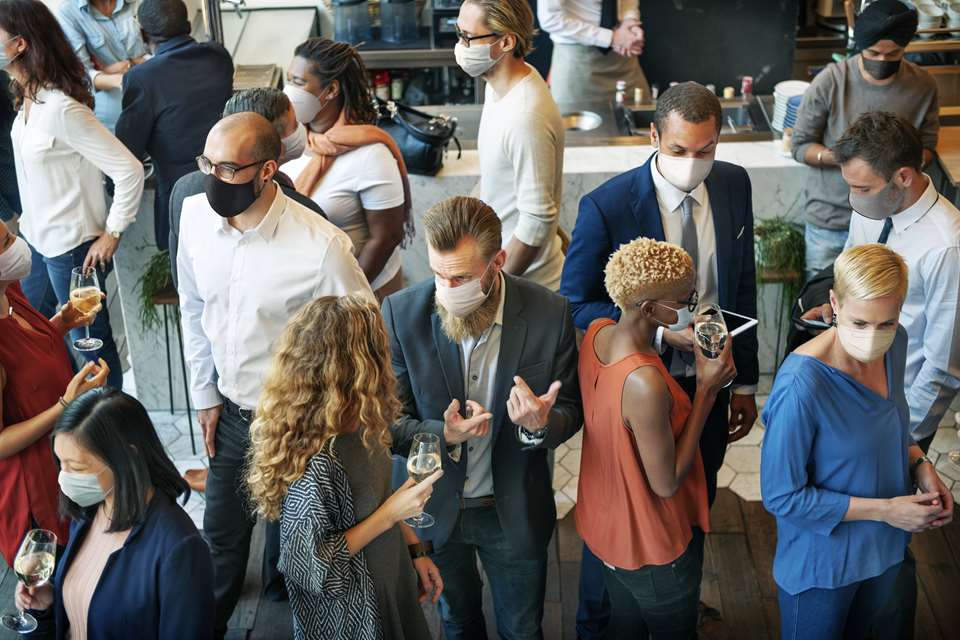MU Column: Creative power
Yvonne Wyroslawska
Sunday, January 1, 2023
Wellbeing has become an important priority for many musicians in recent years. Yvonne Wyroslawska, vice chair of the Musicians' Union education section committee, shares how a focus on mental health has shaped and strengthened her work in the early years music education sector.
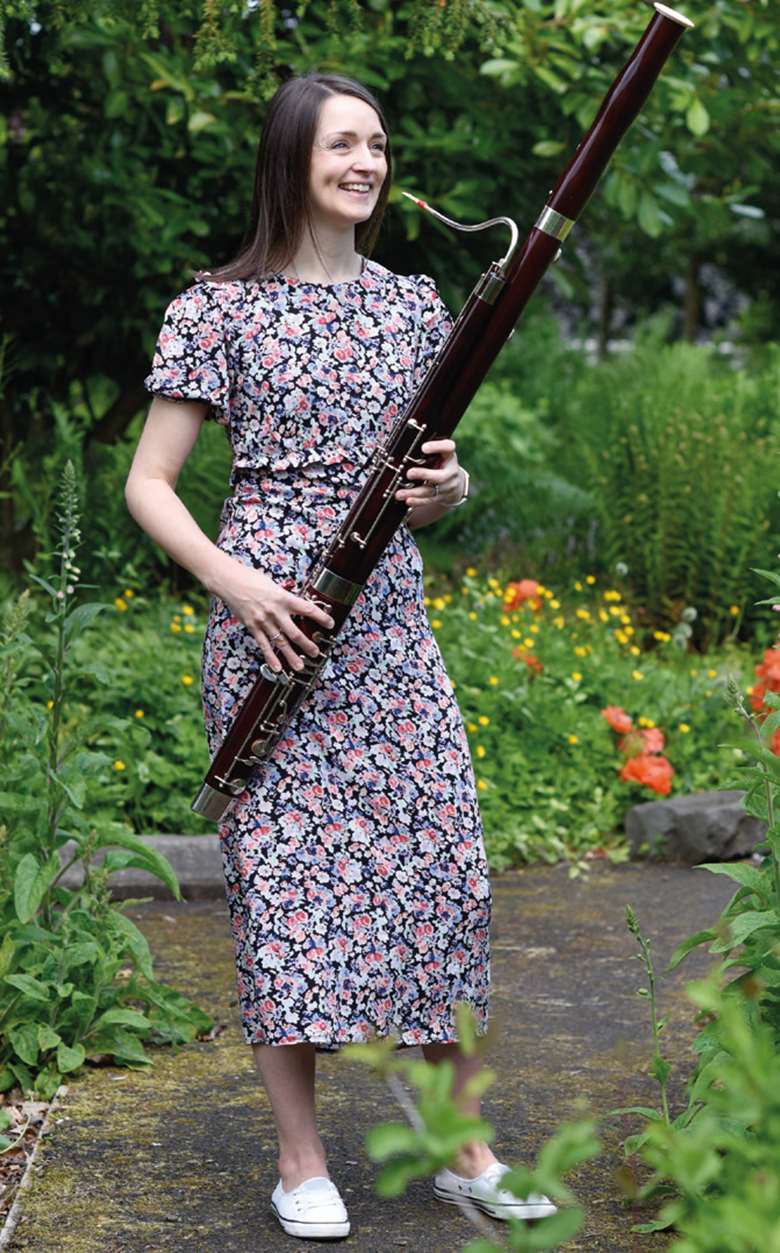
Julie Howden
I have been a freelance musician for almost 20 years, delivering music education and community music projects across Scotland and internationally. I specialise in early years music education using the Colourstrings approach and Kodály-inspired practice, designing and delivering music projects for very young children and their families and delivering training for musicians, teachers and education professionals.
Pre-Covid, I was delivering music projects in schools, nurseries and informal settings, and developing projects for various local authorities, organisations and institutions. Some particularly interesting work included a collaborative intergenerational research project with the University of Stirling which involved preschool children and adults living with dementia; developing a series of early years workshops based on orchestral repertoire for the Royal Scottish National Orchestra; and a residency in Ghana learning folksong, drumming and dancing.
Shifting online
Of course, in March 2020, the world went online, which meant a move to delivering online music and movement sessions for children and their families, and providing music education training sessions online for musicians. I was also commissioned by various organisations during this time to develop online career-long professional learning content for early years and primary teachers. Since September 2021, work has taken a more hybrid approach. While still delivering lots of online training – with the huge advantage of being able to work with practitioners worldwide – it has been amazing to be back in-person with various groups. As we all know, singing together is far more powerful in person, and baby cuddles don't quite translate across a screen.
In 2021, I was awarded Creative Scotland funding to run music sessions for new mums and their babies. The aim of this project was to harness the many benefits of music on mental health: building confidence and emotional wellbeing through active participation in singing and music-making, encouraging bonding and communication between parent and child, and at the same time supporting the baby in its early development. An estimated one in five new mothers experiences a mental health condition and research suggests that this figure doubled during the pandemic. As a musician and a mother, I feel a social responsibility to focus on this often sidelined population and to begin to break down stigma around maternal mental health through creative arts practice.
Prioritising mental health
While this project in particular had the aim of boosting mental wellbeing, I have found that mental health has become a key priority of my work over the past few years. Across all aspects of my work, everyone is in need of extra support, time and empathy. This has led me to consider the way in which we, as teachers and practitioners, have to carefully interweave the ‘teaching’ part of our role with the ‘caring’ component. We need to balance the educational content with the health and wellbeing of our pupils, at whatever age or stage of the lifespan they are at. Furthermore, we are responsible for safeguarding our own health and wellbeing as well as that of our pupils.
In the past year I have been leading a working group for the International Teaching Artists Collaborative, where we aimed to collate resources and develop a code of ethics in mental health, wellbeing, and teaching artistry, to ensure that all teaching artists are able to access support for their mental health and wellbeing.
A person-centred approach
I have been a Musicians' Union (MU) member for many years and I am now serving my second term on the Education Section Committee. Even in the past 30 months of being on the committee, I've seen a shift in our discussions to include much more dialogue around mental health and wellbeing. While supporting teaching musicians with their regular teaching work – contracts, rates of pay guidance and so on – and advocating for music education for all will always be at the forefront of the MU, resources are now available to support the health and wellbeing of members and that of our pupils.
Creative arts are vital in supporting mental health and wellbeing: we place high value in the participant's voice, using their feedback to guide our practice, and take a person-centred, holistic approach. Importantly, we build trust and create open dialogue with participants. This seems particularly relevant at present, when many are feeling burnt out post-pandemic alongside a cost-of-living crisis. I wholeheartedly believe in the power of music and creative arts to engage with people emotionally, socially, and physically, and I am so grateful to be in a position to do this work.



